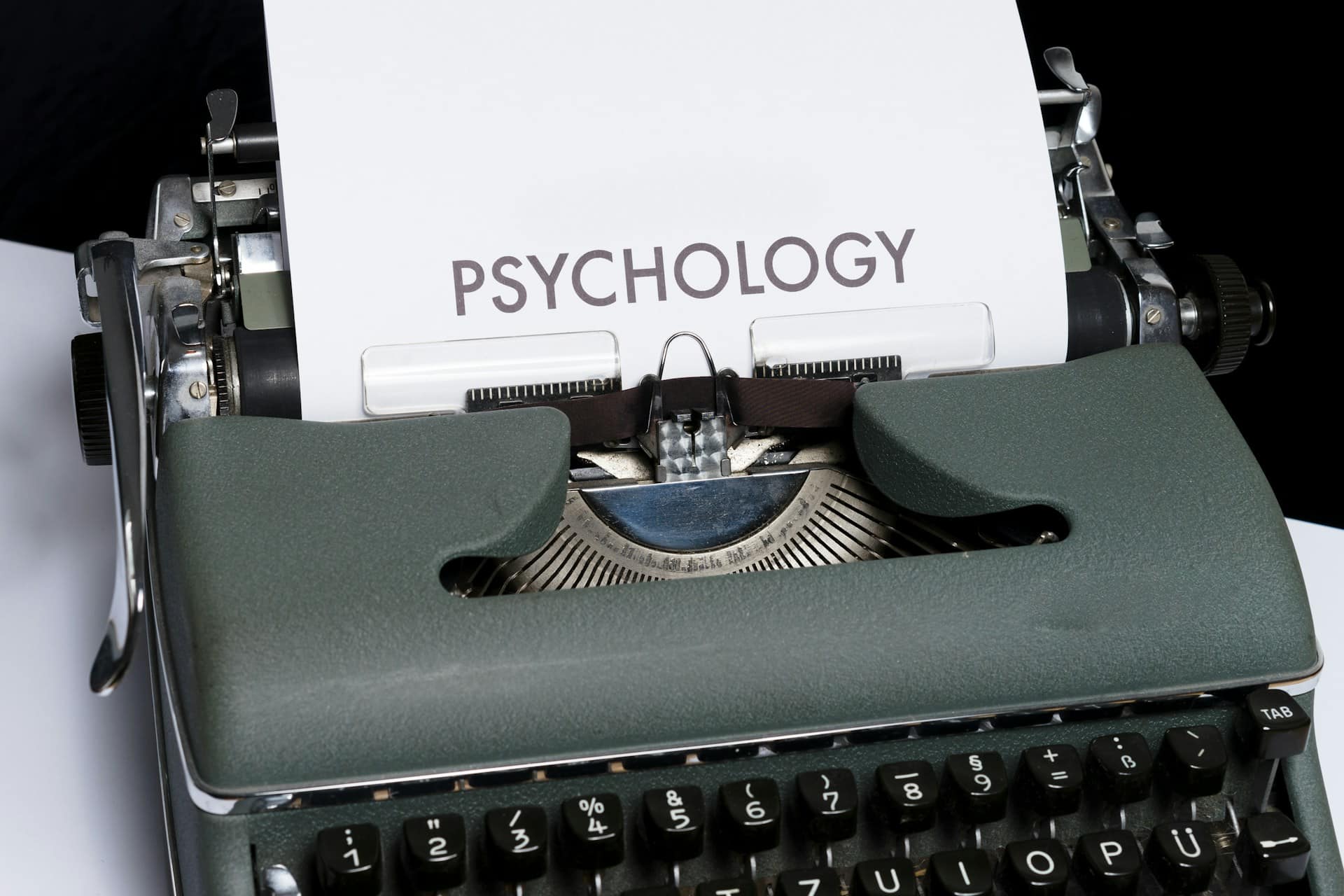











That persistent ache in your jaw or the throbbing pain from an infected tooth might be doing more than disrupting your daily routine; it could be feeding your anxiety. Chronic oral pain includes ongoing toothaches and jaw discomfort, to persistent gum inflammation that refuses to subside. When your mouth hurts day after day, your entire nervous system responds.

Pain signals from your mouth travel directly to your brain’s pain centers, but don’t stop there. These signals interfere with the production and regulation of mood-stabilizing chemicals like dopamine (Yang & Chang, 2019). When pain persists, your brain’s chemistry shifts, making you more susceptible to anxiety and depression.
Your stress response system kicks into overdrive when dealing with chronic pain. Elevated cortisol and adrenaline levels become your new normal, keeping your body in a heightened state of alert. The constant activation exhausts your nervous system and makes everyday situations feel more threatening than they actually are (Harvard Health, 2024).
Sleep becomes elusive when your mouth throbs at night. Poor sleep quality allows your pain tolerance to drop, your emotional regulation weakens, and your anxiety levels spike (Finan et al., 2013). This creates a cycle where each sleepless night makes the next day’s pain feel worse.
Chronic oral pain affects how you see yourself and interact with others. When your teeth hurt or your gums are swollen, you become self-conscious about your appearance. You might notice yourself covering your mouth when you laugh or avoiding close conversations. Other common emotional responses to oral pain include:
The frustration of living with constant discomfort creates its own emotional burden. You feel helpless when pain medications provide only temporary relief, and the unpredictability of flare-ups makes planning your life feel impossible.
Fear of dental treatment often keeps people trapped in a destructive pattern. You avoid the dentist because you’re anxious about potential pain or bad news, but this avoidance allows small problems to grow into major issues.
This creates a vicious cycle: pain triggers anxiety, anxiety leads to avoidance, and avoidance results in worsening oral health and more pain. Each missed dental appointment raises the stakes, making the eventual treatment more complex and your anxiety more justified.
Breaking free from this cycle requires addressing both your oral health and your emotional well-being. Start by finding a dentist near you who understands anxiety and offers sedation options or anxiety management techniques. Many dentists now specialize in treating anxious patients with gentler approaches and better communication. Consider following these strategies to manage both oral pain and the associated anxiety:
Do not hesitate to seek professional mental health support if your anxiety feels overwhelming. A therapist can help you develop coping strategies specific to medical anxiety while you work with your dentist to resolve the underlying oral health issues.
Addressing oral pain often leads to significant improvements in anxiety levels, sleep quality, and overall emotional well-being. The key lies in taking a comprehensive approach that treats both your mouth and your mind. Your oral health and mental health are more connected than you might realize. Seeking help for both dental and mental health concerns is not a sign of weakness but rather a strategy for breaking the cycle that might be holding you back.
Sources